 Section 1202 of the Internal Revenue Code which was originally enacted in 1993 remains one of the most overlooked code sections. Recent changes to the section, by the Tax Relief, Unemployment Insurance, Reauthorization, and Job Creation Act of 2010 make this section far too valuable to ignore.
Section 1202 of the Internal Revenue Code which was originally enacted in 1993 remains one of the most overlooked code sections. Recent changes to the section, by the Tax Relief, Unemployment Insurance, Reauthorization, and Job Creation Act of 2010 make this section far too valuable to ignore.
Through 2008, Section 1202 allowed individual owners of qualified small business stock to exclude from tax up to 50% of the gain when they sold the stock. Beginning in 2009 until September 27, 2010, the exclusion increased to 75%. The most recent legislation, signed in December 2010, increased the exclusion to 100% for investments made from September 28, 2010 through January 1, 2012. Additionally, prior to the December 2010 legislation there was an additional alternative minimum tax of 7% assessed on the excluded gain. This additional tax is waived for investments made through January 1, 2012.
For an investment to qualify for these benefits, the following rules apply regarding the character of the stock and the holding period:
* Shares must be issued by a C Corporation whose assets before and after the issuance did not exceed $50,000,000.
* Shares must be issued to an individual or entity other than a C Corporation. Corporations that own stock in another Corporation do not qualify for the exclusion.
* Shares must be acquired by the taxpayer at their original issue date.
* Shares must be held by the taxpayer for more than five years.
Additionally, the 100% exclusion is limited to the greater of $10,000,000 of gain on a per issuer basis or 10 times the basis of the stock in the taxpayer’s hand.
There are no special reporting requirements for the corporation that issues the stock or the investor. Taxpayers elect the exclusion on their tax return when the shares are sold.
Section 1202 exclusion is especially attractive to venture capital funds, private equity funds, and individual investors, who have invested since September 28, 2010 and/or plan to invest into a C Corporation by January 1, 2012. This exclusion will bolster the after-tax return on investments.
Finally, companies organized as LLCs who are considering converting to C Corporations could find this exclusion invaluable. LLC unit holders could convert their interests in the LLC to shares of stock in a newly formed corporation and be eligible for the provisions of Section 1202 on future gains.
The investment can be made directly by an individual or by an investment vehicle, such as a Venture Capital or Private Equity Firm, entities typically taxed as Partnerships. The nature of the gain, if held for five years, will be passed through to the individual owner of the Partnership, and the exclusion is elected at the individual taxpayer level.
Although available for only a short window of time, Section 1202 exclusion can provide exceptional tax benefits for the investors willing to hold an asset at least five years that is acquired between September 27, 2010 and January 1, 2012.
For more information, contact:

























